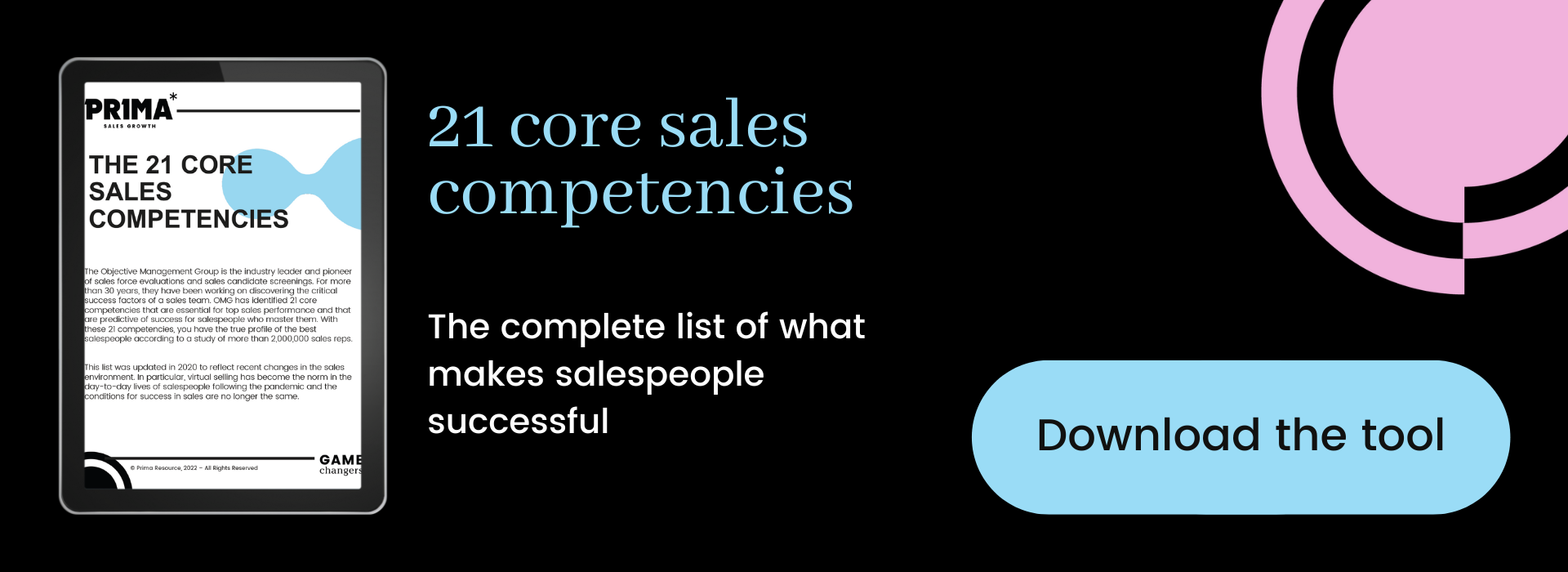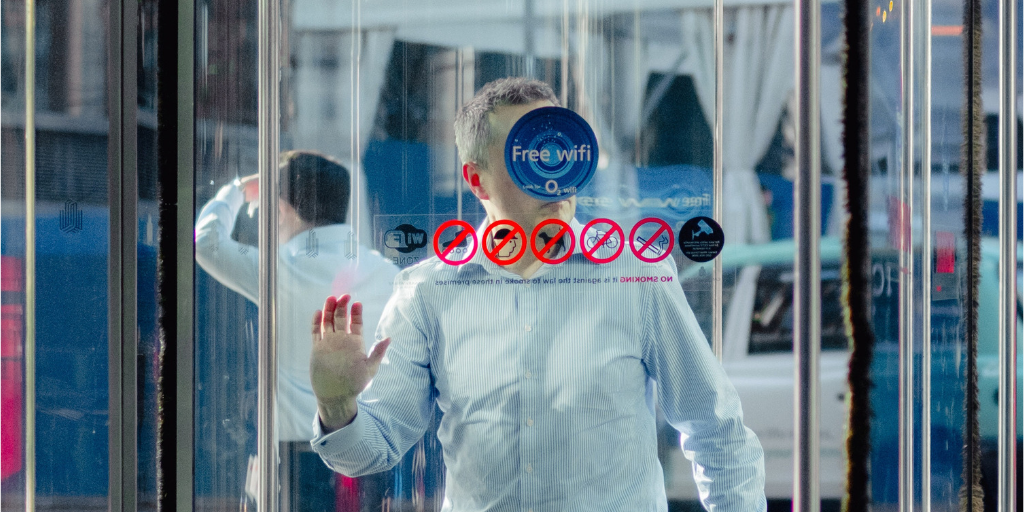-3.png)
Objections take on many forms. Some prospects say “it’s too expensive.” Let’s now look at the “My last experience wasn’t great” objection and see how we can lower resistance.
This sales objection doesn’t come up often. Usually, when a prospect has had a bad experience with your competitor, they’re happy to talk to you.
However, in some cases, maybe in a “why” sales where they purchase wasn’t planned (as opposed to “why me”), a bad experience with a competitor can turn off a prospect completely.
Ask open-ended questions
First, the fact that your prospect is sitting there in front of you despite their lousy experience means that they’re still open to the idea of doing business. If not, your potential client wouldn’t be there.
Second, it’s imperative that you seize this moment to ask open questions and figure out why the previous experience got derailed.
Ultimately, the client is in control of telling you the truth. If you keep asking questions, and if the prospect has come to you in good faith, eventually they will tell you what happened with the previous rep.
What can go wrong between a rep and a prospect?
Even if your prospect has had a previous bad experience, he or she is still willing to meet with you. So, make the most of it!
Though they might have their guard up, keep digging until you expose the reasons why their previous relationship went sour:
- Inconsistent communication;
- Lack of results due to unspecified goals;
- Disagreement over pricing;
- Unclear objectives and expectations.
Many things can throw off a relationship, and so honesty coupled with clear expectations are essential.
The importance of a specific plan
The reasons for a relationship going sour, as listed above, are all connected — for example, pricing. You must be direct with the prospect and make sure to establish a financial plan based on specific objectives, a plan which must be regularly reviewed to be sure it remains realistic.
There’s a good chance that somewhere along the sales process, plans or details will change. Maintain regular conversations, continue to be direct and forthcoming concerning pricing, and keep aiming for specific objectives.
The results will be positive as the client will be better off due to your honesty.
It’s not me. It’s you.
Everyone has had a bad experience with a rep at least once. A car salesperson, consultant, insurance, etc., and so we accept at face value when a person blames a representative for a failed business deal.
However, your client may be the person at fault and may try manipulating or take advantage of you the same way they did with the previous rep. They may have unreasonable expectations of you. If, after a detailed and honest deliberation, the client gives you a ten-thousand-dollar budget, the client can’t turn around at the end of the process and expect one million-dollar results.
Asking open-ended questions at the prospecting stage is paramount, not only for the client’s sake but for your sake as well. If you’re not able to recognize an unsatisfiable client, you’re inserting yourself in the same situation that the previous rep did. Don’t take the job just because they are offering it.
If you have a full sales funnel, you have the option of walking away from what can be a bad experience.
How can you lower a prospect’s resistance?
Once you’ve determined that you want to enter a business relationship with the prospect, you must now go about lowering their resistance.
Asking questions will promote an environment of trust and respect.
Conclusion
Some objections are harder to handle than others. When faced with a price objection, you must review your own sales process and behaviour. However, when faced with a prospect claiming to have been burned by another rep, you must make sure not to repeat the other company’s mistakes.
Have regular conversations with your client to make sure their expectations remain realistic throughout the whole sales process.
Remember that unless you ask many questions, you can only assume to know your client, and that never ends well!






